Researching North Korea in Gwangju: Interview with Dr. Moe Taylor
Not too long ago, I spotted in my inbox an email from a sender I did not recognize, but I did know the friend named in the subject line. It turned out that this person’s PhD supervisory committee member was an old Peace Corps/Korea friend of mine. The email was from Moe Taylor – Dr. Moe (William David) Taylor, to be more precise – and when my old Peace Corps friend found out that Moe was in Gwangju doing post-doctorate research, he suggested that Moe get in touch with me to pick my (cobwebby) brain on what agriculture was like here in the early 1970s. I met with Moe over coffee and was fascinated with his research on North Korea. That led to setting up this interview with Dr. Moe Taylor for the Gwangju News. — D. Shaffer
Gwangju News (GN): Could you tell us a little about your background – about Moe Taylor before he came to Korea and Gwangju?
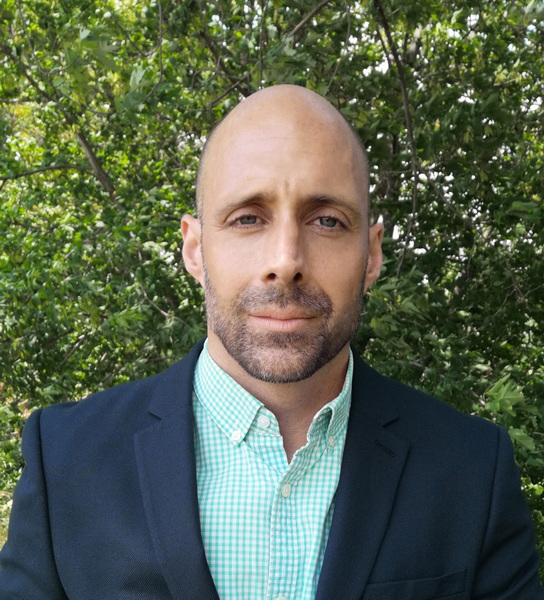
Moe Taylor: I am a historian, writer, and researcher, and I have called Toronto my home for most of my life. I earned my PhD in history at the University of British Columbia in Vancouver. My dissertation was about North Korea’s relations with Latin America in the 1960s, with a focus on its bilateral relations with socialist Cuba and its support for revolutionary movements in other countries. I have recently turned this dissertation into a book, and that will be published by Cambridge University Press in July 2023.
GN: As your main research interest is North Korea, how is it that you came to South Korea for North Korean research?
Moe Taylor: There is a great deal of interest in all matters North Korean among scholars, experts, and policymakers here. That also means some of the top experts on North Korea in the world are based here. There are several archives and libraries here that are extremely useful to my research. More specifically, I came here to Gwangju to take advantage of this great research opportunity with the Asia Culture Center (ACC).
GN:The ACC is a “culture” center. What connection does it have with your research on North Korean agriculture equipment?
Moe Taylor: The mandate of the ACC certainly has a focus on culture and the arts. But they also support research and organize events related to a broader spectrum of the humanities, social sciences, and life sciences. One of the topics they are interested in is food, and my research is about agriculture and issues of mechanization, sustainability, food security, and food dependency.
GN:What is the scope of the topics for research grants that the ACC gives out?
Moe Taylor: The ACC supports many different kinds of research through many different programs, so I cannot speak to them all. But the program I am participating in, which is the 2022 Research Fellow Program, aims to support research in five categories: Asian stories; Asian food, clothing, and shelter; Asian festivals and rituals; Asian migration and domiciliation; and Asian arts and symbols.
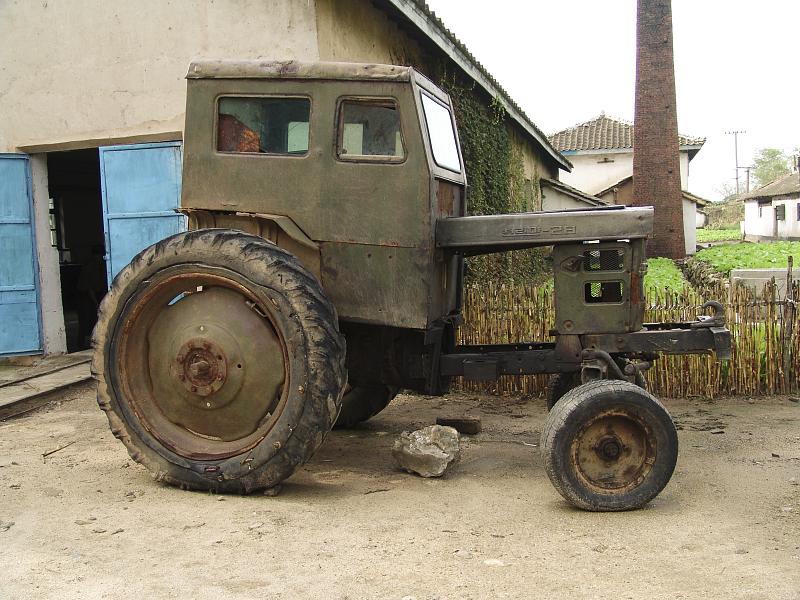
GN:What does a research grant from the ACC entail?
Moe Taylor: In my specific case, it allowed me to travel from Canada to Gwangju and live here for a limited period while conducting research full-time, utilizing the resources of the ACC (like its excellent library), while collaborating and sharing with other scholars.
GN:How would you evaluate the ACC as a culture center?
Moe Taylor: I think the ACC is an incredible institution. I am actually quite in awe of it. It is a beautiful space. It supports such a wide range of cutting-edge cultural, artistic, and academic activity. In the last few months, it has hosted a number of amazing art exhibitions (Yue Minjun, for example), a multi-media installation about the Ramayana (the Hindu epic), and an outdoor world music festival (the highlight of which for me was Dobet Gnahoré from the Ivory Coast). On top of that, I think it plays a really important social role in educating people about the Gwangju Uprising and making sure that memory is not lost. What I love most about the ACC is that the people of Gwangju enjoy it. It is bustling with people of all ages, including families and children, every weekend. It is not just for scholars and artists. It is enjoyed by the public at large.
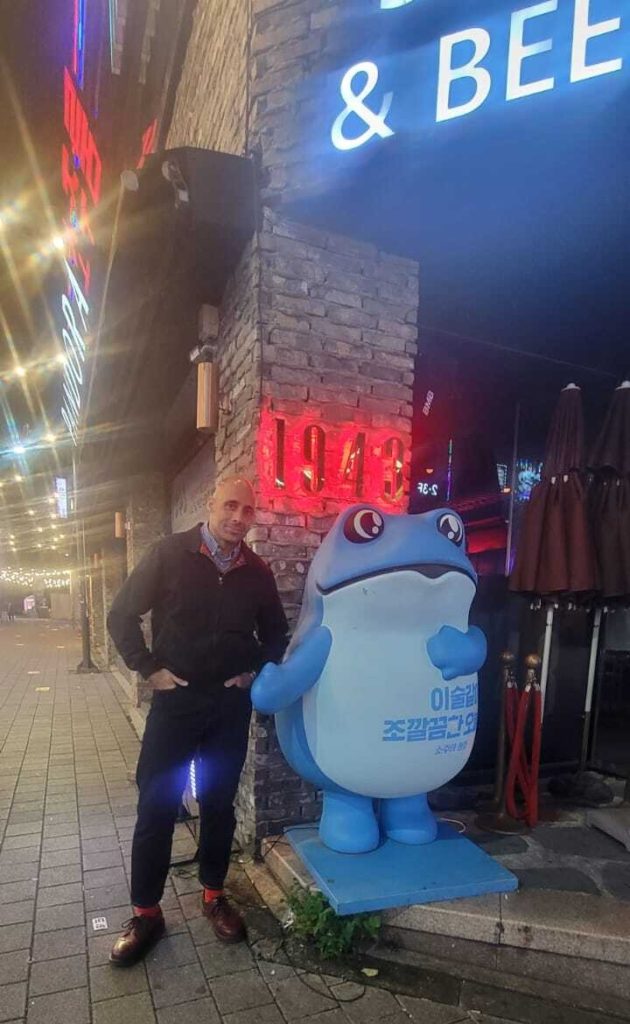
GN:What are the things that you have enjoyed most about your stay in Gwangju?
Moe Taylor: I love the people and the food. It is a fairly walkable city. I enjoy running along the Gwangju Stream. The Gwangju Theater is a real treasure. The proximity of Mudeung Mountain is very cool, too. My favorite cafe is Fish Coffee Roasters (물고기 커피 로스터스) in Dong-gu, and my favorite local bands are Monkey Pee Quartet and Amazing Visual (AV). The Gwangju Uprising, I think, has really shaped the local culture, and people are proud of the role their city and their elders played in the struggle for democracy in Korea.
GN:In a previous talk that we had, I was quite surprised to hear that North Korea was once a much greater producer of agricultural machinery than South Korea but now is a much smaller producer. How did that all come about?
Moe Taylor: In 1958, North Korea actually became the first developing country in the world to develop its own tractor industry. It had probably manufactured some 800,000 tractors by the end of the 1980s, mostly for domestic use. This is part of how North Korea successfully fed its population until the crisis of the 1990s.
The reason tractors never took off in South Korea is because South Korean farms were small and privately owned. In North Korea, the government simply gave tractors to the big collective farms. In South Korea, individual farmers had to buy them if they wanted them, and most farmers were poor. Power tillers (경운기, gyeongun-gi) were more feasible, because they are smaller and cheaper, but they were still too expensive for most farmers.
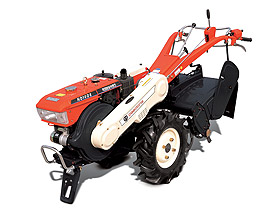
When the Soviet Union collapsed in 1991, North Korea suddenly lost its primary source of cheap oil. This would have been serious enough, but then it experienced massive floods in 1995 that crippled its domestic energy production (hydropower, coal, etc.). This really hurt its ability to fuel its tractors, which run on diesel, and to produce spare parts for them.
By contrast, South Korea witnessed remarkable economic progress over the last forty years, and in the late 1970s the chaebols started producing tractors. Unlike in North Korea, this was not in order to mechanize domestic farms but to export to other countries. Over time, companies like LS Mtron, Taedong, and TYM have become significant players in the global agricultural machinery market.
GN:In addition to North Korean agriculture, what other research have you done, or are you doing, on North Korea?
Moe Taylor: A lot of my work has been on North Korea’s relations with Latin America and the Caribbean. Guyana is an example. From 1964 to 1985, Guyana was ruled by a man named Forbes Burnham. Burnham really admired the “discipline” of North Koreans. He believed that a major thing holding his own country back was a lack of discipline – he believed colonialism had made people individualistic and lazy. People were also divided among ethnic and religious lines. In North Korea, he saw a country where the population appeared extremely united around a leader and willing to work hard and sacrifice not for individual gain but for the benefit of society as a whole. So, Burnham reasoned the North Koreans must be doing something right in terms of how they raised their children and educated their citizens. Therefore, he attempted to mimic various North Korea approaches to education and culture, such as “mass games,” which are massive group gymnastics performances that, in theory, are installing in the children a high degree of discipline, collectivism, and patriotism. As a result, these two governments become very close, and North Korea provided Guyana with quite a lot of economic, technical, and military aid. Unlike today, in the 1970s and 1980s, North Korea could afford to be that generous.
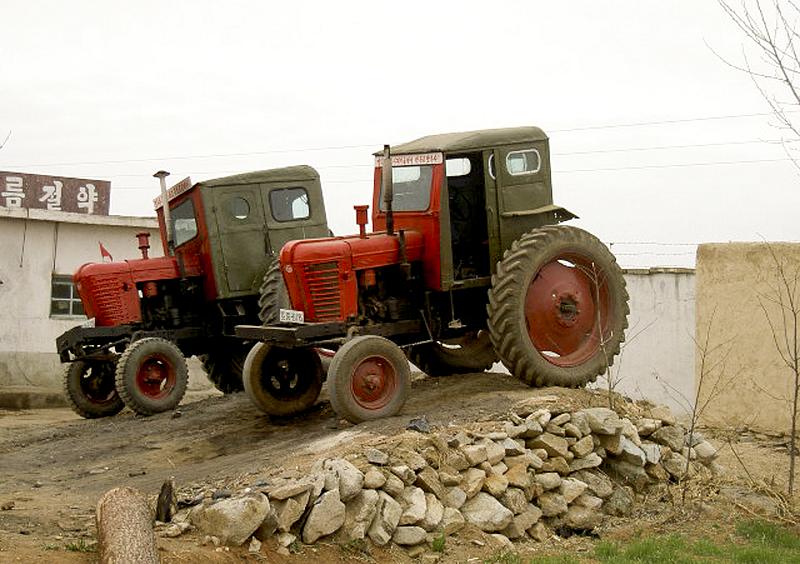
GN:North Korea is such a closed society; does that not make it extremely difficult to do research on such a country? And so little of what is written about North Korea is written in English.
Moe Taylor: It is definitely always a challenge to do research on North Korea. One of the ways historians like myself get some of the information we are after is via other countries that once had close relations with North Korea – the Soviet Union, or East Germany, for example. Since those socialist regimes have collapsed, the contents of their foreign affairs archives have been made available to researchers. So, for example, we now have the records of closed-door meetings between the North Korean government and its foreign allies, and the reports of diplomats involved in high-level cooperation with North Korea. That is just one example of how historians compensate for the inability to really do research in North Korea.
GN:You have argued that there are grounds to be optimistic about North Korea’s future, particularly in relation to the environmental and agricultural challenges it faces. What is the case for this optimism?
Moe Taylor: Generally speaking, North Koreans value their natural environment and recognize the importance of protecting it. They also have a certain faith in what can be achieved through scientific research fueling innovation and adaptation, and a strong desire to be more involved in international scientific collaboration. North Koreans are very keen on renewable alternatives to fossil fuel, sustainable agriculture, green building, and the blue economy. There is little reason to doubt that, given the necessary resources and opportunities, North Koreans would embrace radically new approaches to food and farming. But North Korea is also very isolated and under the harshest sanctions in the world, so the real question is whether the international community wants to help or hinder such progress.
GN:Your research grant and your stay in Gwangju are now ending. Do you have thoughts of possibly returning to South Korea again to do more research on North Korea?
Moe Taylor: I do not want to leave!
GN:I know what you mean! Is there anything else you would like to share about Gwangju?
Moe Taylor: One of the most enriching experiences I have had in Gwangju was to meet survivors of the Gwangju Uprising and hear their stories. It reminded me of the importance of remembering and learning from our elders.
GN: Thank you for this interview, Moe. I wish you the best as you return to Canada and hope you do get a chance to return to Gwangju in the not-too-distant future!
Interviewed by David Shaffer.
NK tractor photos by Juergen Nyhuis (2004) on Flickr.






